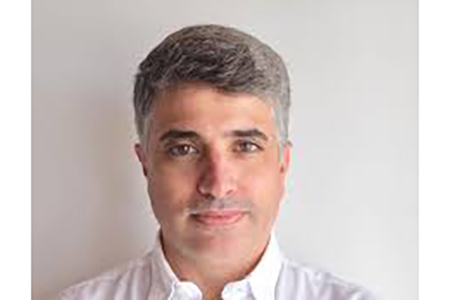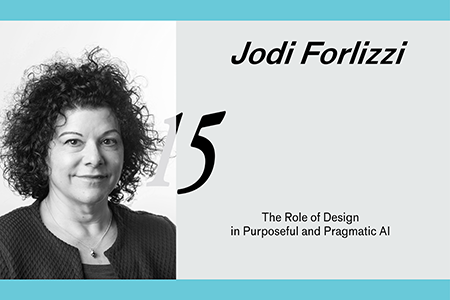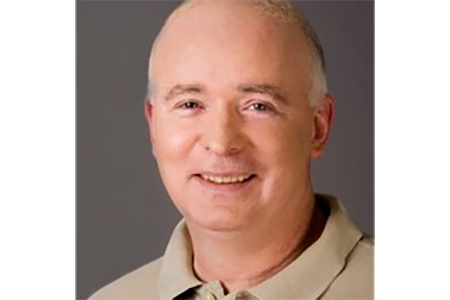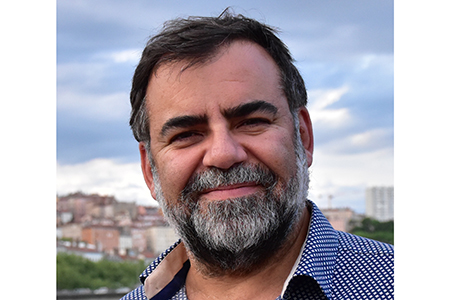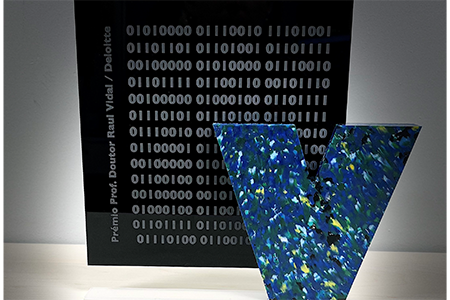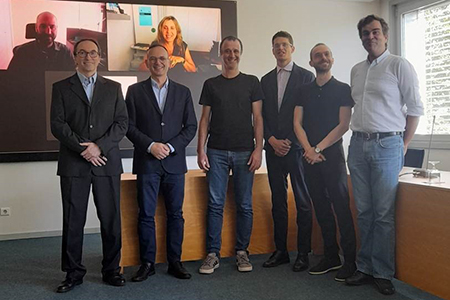Candidate
Luís Alberto Teixeira Aly
Date, Time and Location
July 22, 14:00, Sala de Atos, FEUP
President of the Jury
António Fernando Vasconcelos Cunha Castro Coelho (PhD), Associate Professor with Habilitation, Department of Informatics Engineering, Faculdade de Engenharia, Universidade do Porto.
Members
Javier Enrique Jaimovich Fernández (PhD), Associate Professor, Departamento de Sonido da Facultad de Artes, Universidad de Chile, Chile;
William Ruddock Primett (PhD), Postdoctoral Researcher, School of Digital Technologies, Tallinn University, Estónia;
Carla Maria de Jesus Montez Fernandes (PhD), Main Researcher, Instituto de Comunicação (ICNOVA), Faculdade de Ciências Sociais e Humanas, Universidade Nova de Lisboa;
Rui Pedro Amaral Rodrigues (PhD), Associate Professor, Department of Informatics Engineering, Faculdade de Engenharia, Universidade do Porto;
Gilberto Bernardes de Almeida (PhD), Assistant Professor, Department of Informatics Engineering, Faculdade de Engenharia, Universidade do Porto (Supervisor).
The thesis was co-supervised by Hugo Plácido da Silva (PhD), from Instituto Superior Técnico.
Abstract
This thesis, titled ’Emotion-driven Physiological Actor Dynamics For Interactive Theatre Sound,’ embarks on an exploratory journey into the innovative integration of physiological responses with emotional expression and sound design within theatre. This research investigates the intricate relationship between actors’ emotional states and physiological signals, delves into the impact of sound generated from physiological data on the actors’ emotional expression and agency, and examines how this novel integration can redefine traditional theatrical narratives and storytelling techniques. The study examines actors’ experiences and perceptions using qualitative and quantitative methodologies. It utilizes focus groups, observational studies, and sophisticated physiological sensors and surveys to capture and analyze the physiological signals and the feedback from actors. This approach allows for a nuanced understanding of the interplay between the physiological and emotional aspects of acting, shedding light on how actors embody and convey complex emotions through their performances. A key empirical contribution of this research is the DECEIVER dataset, which comprises extensive physiological recordings. These recordings provide valuable insights into the consistency and variability of emotional expression in performance settings. This dataset is a treasure trove for researchers and practitioners in the field, offering unprecedented detail and depth in understanding the physiological underpinnings of theatrical performance. Furthermore, the thesis presents a comprehensive historical analysis of the use of physiological sensors in interactive music, spanning the period from 1965 to 2023. This historical overview not only charts the technological evolution in this domain but also sets the stage for understanding the current trends and potential future developments. It contextualizes the research within the broader trajectory of technological advancements, highlighting the incremental and sometimes revolutionary changes that have shaped the current state of interactive music systems. The thesis introduces an empirical and functional taxonomy for Interactive Music Systems driven by physiological signals. This taxonomy represents a significant contribution to designing and applying physiological signals to interactive musical systems, providing a structured framework that can guide future developments in the field. It categorizes different approaches and methodologies in integrating physiological data into sound design, offering a comprehensive understanding of the potential and limitations of these systems. The research also involves the development of an extensive experimental protocol designed to analyze the physiological correlates of emotional valence and arousal in acting. A sophisticated software toolbox for data processing complements this protocol. The protocol’s design underscores the effectiveness of mental imagery in eliciting specific emotional states and highlights the complexity of emotional expression in theatre actors. This aspect of the research provides a methodological blueprint for future studies aiming to explore similar themes and questions. The Biosignal Processing Toolbox, a software tool for real-time operations integrating physiological signals with sound, is central to the study. The Biosignal Processing Toolbox enables the creation of dynamic, responsive soundscapes that interact with actors, enhancing the storytelling and engagement of the audience in the theatre. The toolbox is equipped to handle various physiological signals such as electromyography, electrocardiography, and electrodermal activity, each offering unique opportunities and challenges for sonification. The versatility of BarT lies in its ability to adapt and respond to different physiological inputs, making it an effective tool for sound designers in the theatre. A significant part of the research was a collaborative techno-artistic project, which utilized Samuel Beckett’s theatre as a backdrop. This project led to developing a prototype for an Interactive Music System driven by physiological sensors. This project explored the transformative possibilities of integrating physiological sensors and gesture typologies into theatre, providing fresh perspectives on character development and narrative construction. The project demonstrated the potential of this technology to bring a new dimension to theatrical performances, allowing for a more immersive and interactive experience for both actors and audiences. Despite its groundbreaking nature, the research acknowledges the challenges and limitations of such technological integrations. These include issues such as the need for real-time data processing, the necessity of actor-specific system calibration, technical and financial constraints, training requirements for actors and production teams, ensuring the comfort and unobtrusiveness of sensors during performances, ethical considerations related to the use of physiological data, and the subjective interpretation of such data in artistic contexts. In conclusion, this thesis contributes to theatre and interactive media art. Exploring the integration of physiological sensors in theatre sound design opens up new avenues for artistic expression and audience engagement. The development of the Biosignal Processing Toolbox and the DECEIVER dataset represent significant advancements in the field, paving the way for more immersive, interactive, and expressive forms of storytelling. This research provides novel perspectives for sound design and actor training and contributes to the broader discourse on the intersection of technology and art.
